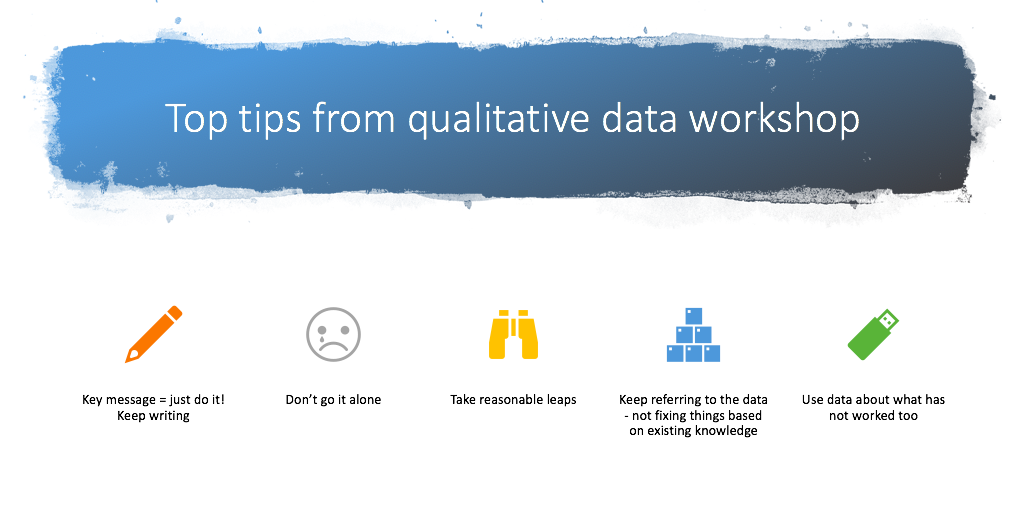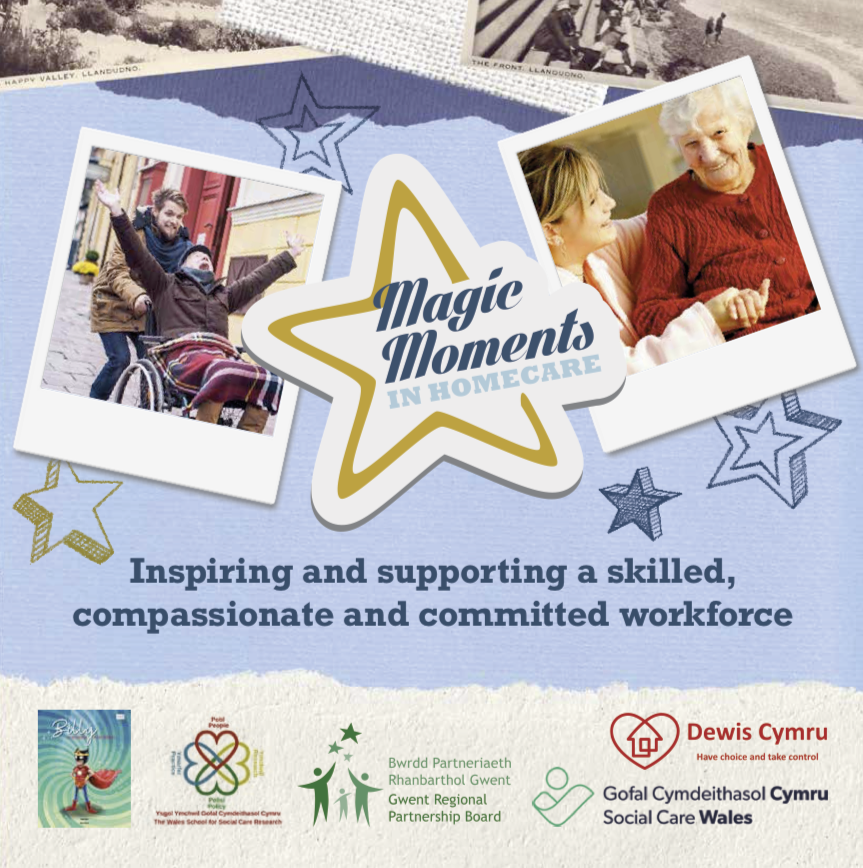In October 2019, Outside the Box and Rural Wisdom hosted an event in Paisley all about using stories in evaluation and research.
Too often in community development and health and social care, we rely only on quantitative data to learn from our work. But numbers can never tell the whole story.
In this workshop, we explored ways of using stories to give the whole picture when it comes to evaluating projects and carrying out research – demonstrating how stories can be used front and centre, not just using anecdotes or case studies as afterthoughts.
We were pleased to be joined by two experts in this field:
- Dr Emma Miller: Senior Research Fellow, Social Work, Strathclyde University
- Nick Andrews: Research and Practice Development Officer Wales School for Social Care Research, Swansea University
We looked at past examples of when relying on numbers has led to misleading results and did some myth busting around the idea that numbers provide a more ‘real’ truth. We heard about how one short story can make a big difference. We also considered the rich evidence that can come out using narrative and explore how collective learning can come out of meaningful dialogue.
Magic Moment Story Examples
Until death us do part
A man in our service who lived with dementia asked me for a pencil and tape measure which he could see on the desk. I did not know why he wanted them, but gave them to him. From that day on he did not put them down. For a start, he used them to measure the floor with a big smile on his face as he did so. When his wife came to visit she commented that she had seen a big improvement in his mood, as he was constantly smiling and busy, measuring and recording information. This man then began to measure the staff as well. When we mentioned this to his wife, she told us that before he retired he had been an undertaker and that he was probably measuring us up for our coffins! This man had been an undertaker since he was 14 and this had been the family business for many generations. A small plastic tape measure and pencil had made all the difference to this man, though which we were able to support him in achieving a sense of familiarity, purpose and achievement.
Are you my sister?
On a shopping trip to a local supermarket, a retired nurse who lives with advanced dementia pushed her trolley around, filling it up with cheese, milk, a plant, and biscuits. When we got back to the bus she sat down next to me, looked at me and asked “Are you my sister?”, to which I replied “Something like that”. She smiled, linked her arm through mine and gestured to me to open-up my purse. She then took 50 pence and gave it to the driver, saying “Go buy yourself an ice-cream”. Never undermine the importance of feeling safe in relationships, and having a sense of significance and belonging.
Using examples such as these, we spent some time discussing what made each of these stories magic and what could be learned from them, in order to improve services in the future.
We considered this workshop to be a taster session. We are hoping to run a follow-up in the future. If this is something that you are interested in, please get in touch via: admin@otbds.org
Here’s what some of those who attended told us their main takeaway was:
Qualitative data is so powerful, and we could use it to make interpretation of success more personalised
How discussing a positive story encourages others to talk about their own positive stories
The power of people’s stories to improve services – and improve lives – and the realising that at the moment we don’t necessarily take advantage of that
Confidence to promote a qualitative data approach to evaluation
Stories matter and they can and should make a difference
Useful Links
Most Significant Change Explainer Video
Understanding and measuring outcomes: the role of qualitative data
We are planning on holding more sessions on this topic. If you are interested in being kept informed, please contact: admin@otbds.org


